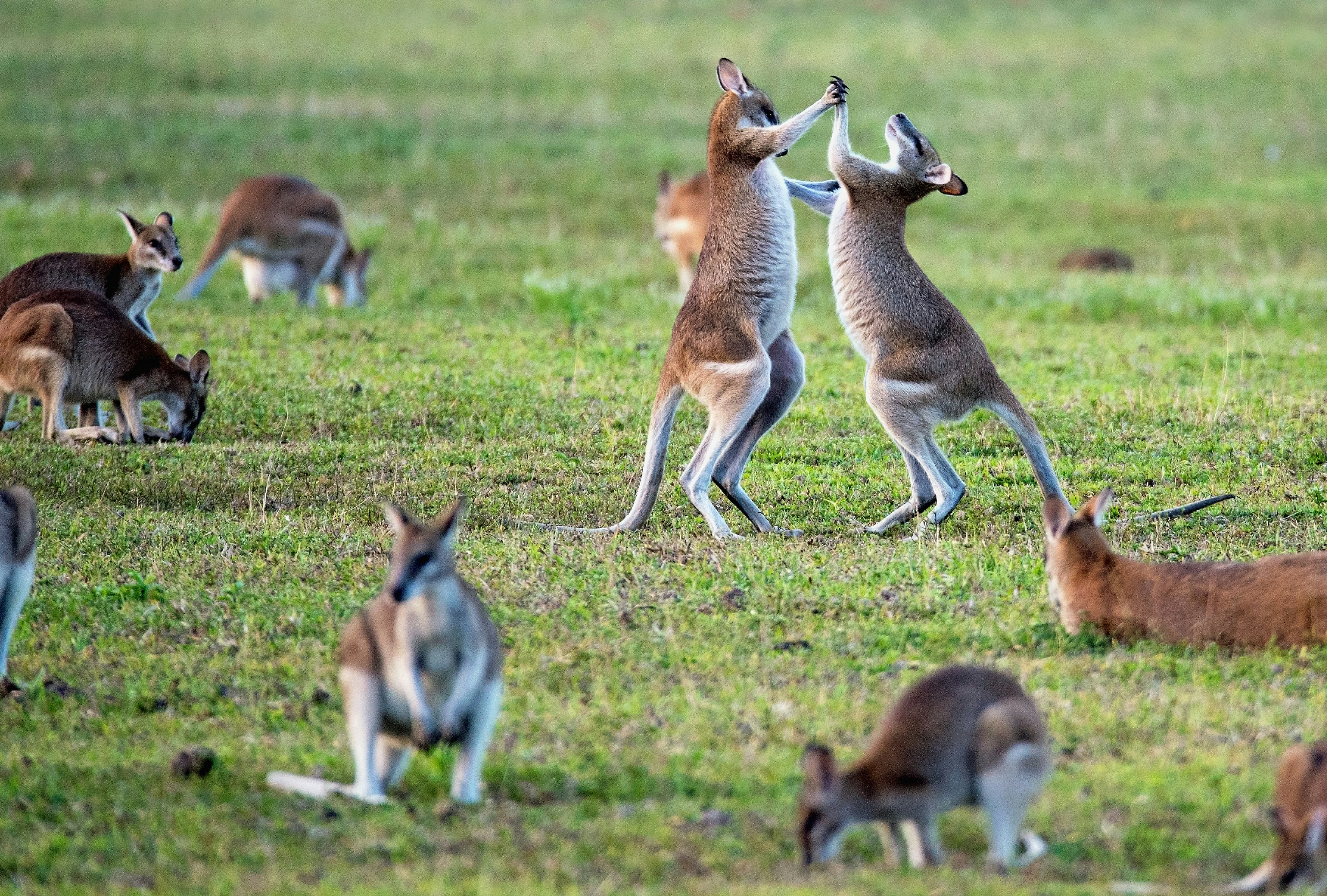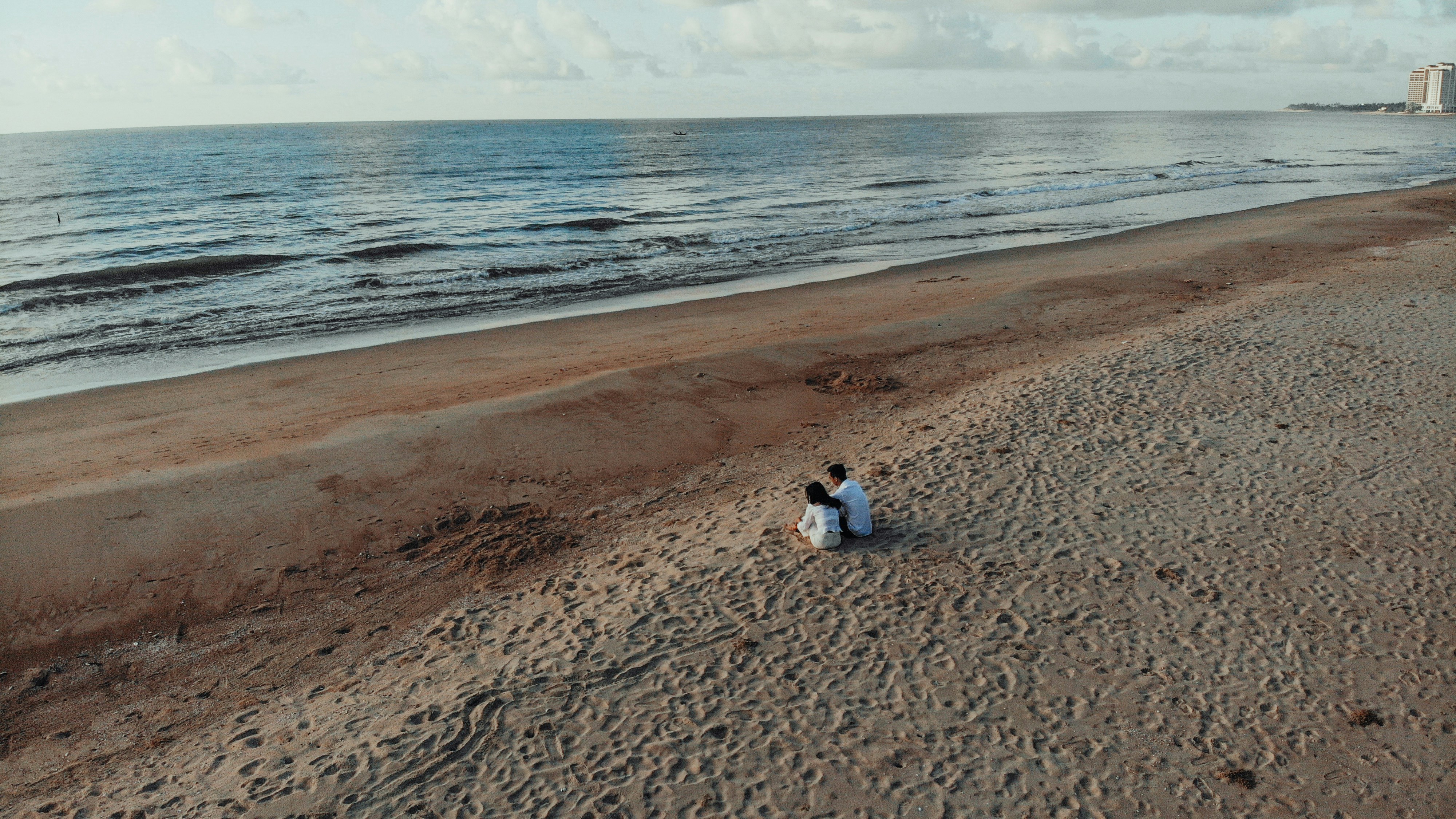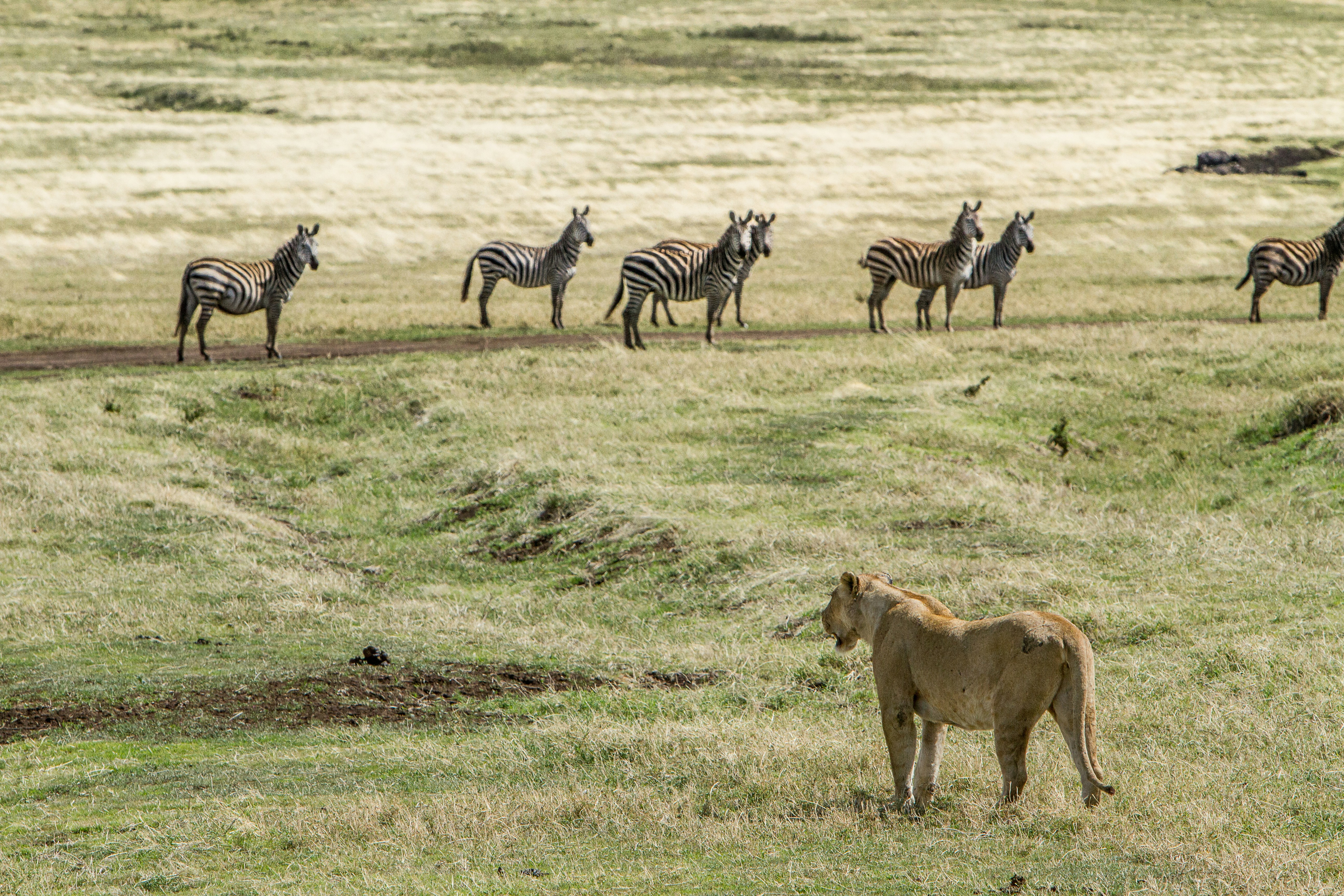Get ready to embark on exciting and unforgettable camping adventures in the great outdoors as we explore the thrilling world of close encounters with wildlife. In this article, we will take you on a captivating journey, showing you the beauty and wonder of nature while sharing stories of thrilling encounters with wild creatures. Whether you’re a seasoned camper or just starting to explore the wilderness, these tales will leave you in awe and inspire you to seek your own unforgettable experiences with wildlife. So grab your backpack, lace up your boots, and get ready to immerse yourself in the magic of camping adventures and close encounters with wildlife.
Preparing for Camping Adventures
When embarking on a camping adventure, it is crucial to be well-prepared. Choosing the right camping gear will ensure that you have a comfortable and enjoyable experience. Look for gear that is durable, lightweight, and suited to the terrain and weather conditions of your camping destination. From tents to sleeping bags, camping chairs to cooking utensils, investing in quality equipment will make your camping experience much more enjoyable. Additionally, packing essential items such as a first aid kit, flashlight, extra batteries, and a multi-tool will ensure that you are prepared for any situation that may arise during your trip.
Before heading out, it is also important to research the area’s wildlife. Understanding the different species that inhabit the region will help you plan your activities and take the necessary precautions to ensure your safety. Different areas have different wildlife, and by learning about the local wildlife, you can avoid potential encounters and understand how to respect their habitats and behavior.
Finally, familiarize yourself with the local regulations and guidelines. Many camping areas have specific rules regarding wildlife interactions, campsite selection, and waste disposal. By following these regulations, you not only protect yourself but also contribute to the conservation and preservation of the natural environment.
Campsite Selection
Choosing the right campsite is key to minimizing wildlife encounters and ensuring a safe and enjoyable camping experience. Avoiding wildlife hotspots, such as areas near known animal dens or feeding grounds, can greatly reduce the chances of encountering large or potentially aggressive animals. Look for signs of animal activity, such as tracks, droppings, or scratched tree bark, as this can indicate the presence of wildlife in the area.
Consider the proximity to water sources when selecting your campsite. While it may be tempting to set up camp near a picturesque lake or river, keep in mind that water sources tend to attract wildlife. Instead, opt for a site that is a reasonable distance away from these areas to minimize the risk of encounters with potentially dangerous animals.
Whenever possible, choose designated campsites. These areas are typically equipped with amenities such as bear-resistant food storage lockers, well-maintained picnic areas, and established fire pits. By utilizing these designated sites, you can ensure that you are camping in a safe and environmentally responsible manner.
Wildlife Safety Measures
When camping in areas where wildlife is present, it is essential to take appropriate safety measures to minimize the risk of encounters. Storing food securely is of utmost importance. Animals, particularly bears, have a keen sense of smell and can be attracted to the scent of food from miles away. Use bear-resistant containers to store your food and other scented items. Hang food high in a tree at least 100 yards away from your sleeping area, and never keep food inside your tent.
Proper waste disposal is also crucial for wildlife safety. Dispose of garbage in designated containers, ensuring that they are tightly sealed. Leaving garbage or food scraps unattended can attract wildlife and potentially lead to dangerous encounters.
Minimize scents and attractants that could attract wildlife to your campsite. Avoid bringing strong-smelling food items and refrain from cooking or eating near your sleeping area. Clean up all food preparation areas thoroughly and dispose of any garbage immediately.
Encountering Larger Wildlife
Despite your best efforts to avoid wildlife encounters, it is still possible to come across larger animals while camping. Knowing how to react in these situations is crucial for your safety. If you encounter a bear, remain calm and slowly back away while facing the bear. Do not run or turn your back, as this may trigger a chase response. Make yourself look larger by raising your arms and speaking in a firm, calm voice. If the bear charges, stand your ground and use bear spray if available.
Encounters with moose or elk may occur in certain camping areas. Keep a safe distance and do not approach these animals. Moose, in particular, can be aggressive if they feel threatened. Be cautious and give them plenty of space. If an elk charges, find shelter or a tree to climb.
While less common, encounters with mountain lions can happen in certain regions. If you come across a mountain lion, make yourself appear larger and maintain eye contact. Back away slowly and avoid turning your back or running. Do not crouch or bend down, as this may trigger the lion’s hunting instinct. If the lion attacks, fight back aggressively using any available means, such as sticks or rocks.
If you encounter bison or buffalo, stay at a safe distance. These animals can be unpredictable and may charge if they feel threatened. Give them plenty of space to roam freely and never approach them. If charged, seek shelter behind a large tree or any other solid structure.
Dealing with Venomous Animals
When camping in areas where venomous animals are present, it is important to be able to identify and handle encounters with them. Venomous snakes can pose a threat, so familiarize yourself with the species that inhabit the area and learn to recognize their distinctive features. If you encounter a venomous snake, keep a safe distance and avoid provoking it. Back away slowly and give it space to retreat.
Prevention is key when it comes to snake bites. Wear sturdy, closed-toe shoes and avoid walking through tall grass or rocky areas where snakes may be hiding. Be cautious when reaching into crevices or under logs, as snakes may be sheltering in these areas. If you are bitten, seek medical attention immediately and follow first aid protocols such as applying pressure to the wound and immobilizing the bitten limb.
When it comes to encounters with scorpions, exercise caution. Scorpions tend to hide in dark spaces, so be careful when reaching into crevices or under rocks. Wear protective gloves and use a flashlight to inspect your campsite before setting up. If you are stung, clean the area with soap and water and apply a cold compress to reduce swelling.
Precautions against venomous spiders include shaking out gear and clothing before use. Inspect your surroundings, especially in wooded or dark areas, for the presence of spider webs. If you encounter a venomous spider, keep a safe distance and avoid provoking it. Seek medical attention if bitten, particularly if you experience severe pain, swelling, or other concerning symptoms.
Interacting with Birds and Small Animals
Camping often provides opportunities to observe and enjoy the beauty of birds and small animals. When feeding and observing birds, it is important to do so in a safe and responsible manner. Use appropriate bird feeders or bird-friendly food to attract them to a safe distance from your campsite. Avoid hand-feeding birds, as this can lead to aggressive behavior or dependence on human food.
While most encounters with birds are harmless, it is important to avoid aggressive encounters. Do not approach nesting birds or disturb their nests. Some birds may become territorial and exhibit aggressive behavior if they feel threatened. Maintain a respectful distance and observe from afar.
Respecting the habitats of small mammals is crucial for their survival. Avoid disrupting or destroying their homes and nesting areas. Do not feed or approach small mammals, as this can alter their natural behavior and make them more susceptible to predation or human-related hazards.
If you find yourself in an interaction with raccoons or squirrels, keep a safe distance and avoid feeding them. These animals can become aggressive if they associate humans with food. Secure your food and trash to prevent them from being attracted to your campsite.
Minimizing Insect-related Issues
Camping often exposes us to insects, and taking measures to minimize their impact on our camping experience is essential. Using insect repellents effectively can greatly reduce the risk of insect bites. Look for repellents that contain ingredients such as DEET or picaridin, and apply them according to the product instructions.
Mosquitoes can be particularly bothersome, so tactics to avoid their bites are important. Use mosquito nets or screens to protect yourself while sleeping. Wear long sleeves and pants, and consider treating your clothing with insect repellents specifically designed for clothing.
Ticks can transmit diseases such as Lyme disease, so preventing tick bites is crucial. Wear light-colored clothing to easily spot ticks and tuck your pants into your socks or boots to create a barrier. Use tick repellents and perform thorough tick checks after spending time in wooded or grassy areas.
Encountering bees or wasps can be unpleasant, but handling these encounters properly is important. Remain calm and avoid making sudden movements that may provoke them. If stung, carefully remove the stinger, clean the area with soap and water, and apply a cold compress to reduce swelling. If you have an allergic reaction, seek medical attention immediately.
Water Safety Precautions
When camping near bodies of water, it is important to take water safety precautions. Ensure that your water source is clean and safe to drink. If in doubt, purify the water using filtration systems, boiling, or chemical disinfectants.
Avoid bodies of water with dangerous wildlife, such as alligators or crocodiles. These animals can lurk beneath the surface and pose a significant threat to your safety. Familiarize yourself with the local fauna and understand the risks associated with specific bodies of water.
While engaging in aquatic activities such as swimming or kayaking, prioritize safety measures. Always wear appropriate personal flotation devices (PFDs) and ensure that all participants are capable swimmers. Be aware of and respect any boating regulations that may be in place.
Preventing encounters with alligators or crocodiles is essential. Avoid swimming or wading in waters where these animals are known to inhabit. Never approach, provoke, or feed these animals as it can lead to dangerous and unpredictable behavior.
Educating Children on Wildlife Safety
When camping with children, it is important to educate them on wildlife safety. Teach them about animal behavior, focusing on understanding signs of aggression or fear. Help them develop a sense of respect for wildlife and emphasize the importance of observing animals from a safe distance.
Creating awareness of potential dangers is crucial for children’s safety. Teach them about the risks associated with certain animals and environments, and explain how to respond in different situations. Encourage them to communicate any wildlife sightings or concerns they may have.
Developing skills for responsible camping is essential for children’s growth and development. Teach them how to properly store food, dispose of waste, and follow local regulations. By instilling a sense of responsibility and respect for nature at an early age, you will help create future generations of responsible campers and conservationists.
Reporting Wildlife Incidents
In the event of a wildlife incident, it is important to report it to the appropriate authorities. Contact the park or wildlife authorities and provide them with detailed information about the incident. This includes the location, time, species involved, and any other relevant details. By reporting incidents, you contribute to the overall knowledge of wildlife behavior and help ensure the safety of future campers.
Additionally, sharing information with fellow campers can be invaluable. Inform others about any wildlife encounters or potential risks in the area. This helps create a community of informed campers who can look out for one another and make better-informed decisions regarding their safety.
Contributing to wildlife conservation efforts is crucial for preserving the natural environments we enjoy while camping. Support organizations and initiatives that work towards protecting wildlife habitats and promoting responsible camping practices. By being an advocate for wildlife conservation, you can help preserve the beauty and diversity of our natural world for generations to come.










